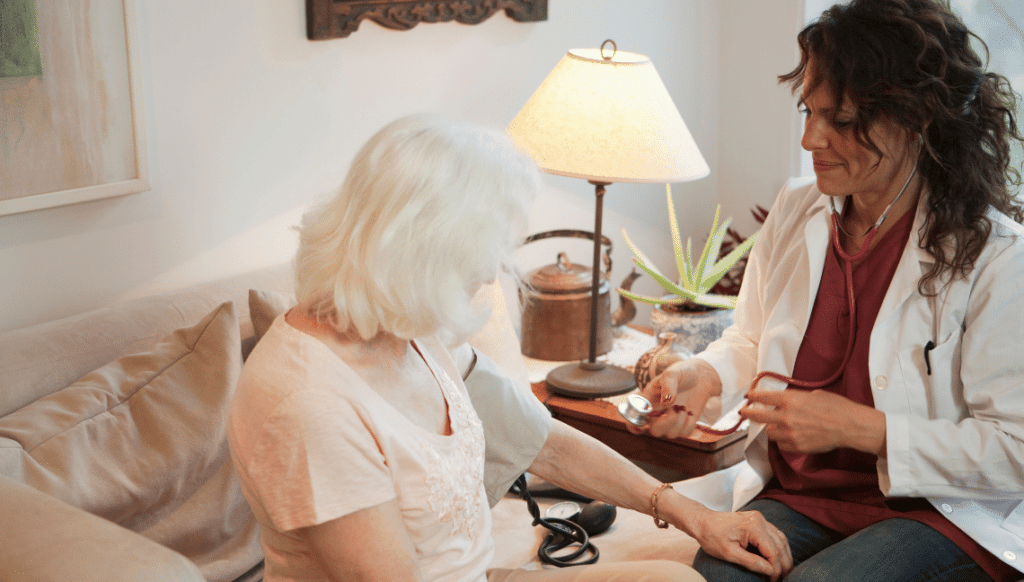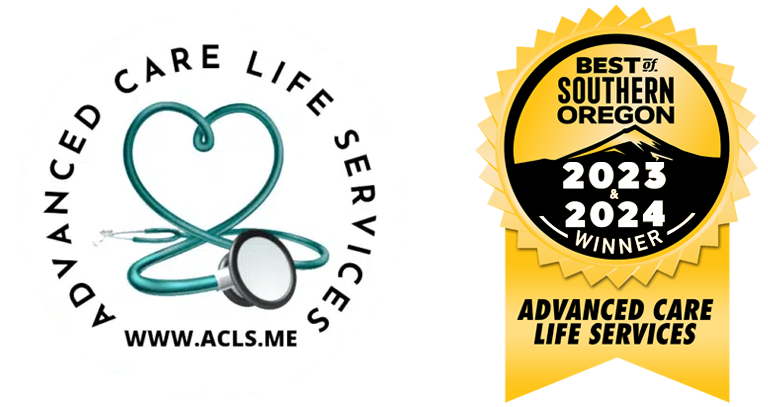As seniors age, whether managing an acute illness or navigating the complexities of a chronic condition, the need for additional support often becomes evident. A common question arises among families: “What care services are covered by my insurance?” This inquiry, frequently posed to healthcare professionals, reflects the confusion many experiences when deciphering insurance benefits. The terminology and coverage details can be daunting, leaving families uncertain about available resources. As a registered nurse with over six years of experience in home health and two years in hospice care, my aim is to provide clarity, dispel misconceptions, and guide families toward informed decisions about in-home care options.
The landscape of home-based care encompasses two distinct categories: home health services and in-home senior care. Each serves unique purposes, with differing eligibility criteria, funding mechanisms, and service delivery models. Below, I outline these differences, supported by evidence-based insights, to empower families with the knowledge needed to access appropriate care.
Home Health Services: Skilled Care with Medical Oversight
Home health services are delivered by licensed agencies to address specific medical needs for individuals deemed “homebound”—those unable to leave home without considerable effort due to illness or injury. These services require a physician’s order and are typically authorized for a 90-day period, renewable if the skilled need persists. According to the Centers for Medicare & Medicaid Services (CMS), approximately 3.4 million Medicare beneficiaries utilized home health services in 2022, with an average of 32 visits per episode (CMS Home Health Utilization Data, 2023).
A multidisciplinary team—including registered nurses, physical therapists, occupational therapists, social workers, and speech therapists—provides care. Visits, occurring one to two times weekly, address needs such as wound care, physical therapy, tube feedings, medication management, durable medical equipment provision, home safety assessments, and postoperative recovery support. Dr. Susan Reinhard, a senior vice president at AARP, notes in her 2023 article, “Home Health Care: A Lifeline for Recovery” (Health Affairs, Vol. 42, Issue 6, pp. 789-796), “Skilled home health services reduce hospital readmissions by 24% within 30 days for patients with chronic conditions like heart failure.” Medicare typically covers these services when criteria are met, though private insurance coverage varies, necessitating a review of individual policies.



In-Home Senior Care: Support for Daily Living
In contrast, in-home senior care focuses on non-medical assistance with activities of daily living (ADLs), such as eating, bathing, dressing, meal preparation, housekeeping, medication reminders, errand-running, and pet care. Provided by separate agencies, this care does not require a physician’s order or a homebound status, making it more accessible for seniors seeking to maintain independence. The National Institute on Aging reports that 70% of adults over 65 will require some form of long-term care, with in-home care being a preferred option for 90% of those surveyed (NIA Aging in Place Report, 2024).
Agencies often impose contractual requirements, such as minimum shift durations (e.g., four hours) and deposits equivalent to one to two weeks of service. Funding typically comes from private pay or long-term care insurance, a specialized policy distinct from Medicare or its subsidiaries. However, state-registered agencies may serve Medicaid or Veterans Affairs (VA) recipients if contracted accordingly. Dr. David Grabowski, a health policy expert, states in his 2024 study, “Financing Long-Term Care” (Journal of Health Economics, Vol. 89, pp. 102-115), “Long-term care insurance covers 13% of in-home care costs nationally, while Medicaid supports 40% of eligible recipients, highlighting the reliance on private funding for many.” This flexibility allows families to initiate care swiftly, aligning with the goal of sustaining a safe, independent lifestyle.
Key Distinctions and Strategic Considerations
Understanding these distinctions is paramount. Home health services, with their medical focus and insurance-backed structure, cater to acute or chronic conditions requiring professional intervention. In-home senior care, conversely, offers practical, daily support without medical prerequisites, emphasizing quality of life over clinical management. The absence of a physician’s order for in-home care eliminates barriers, enabling immediate access to assistance. Dr. Reinhard underscores, “Non-medical in-home care enhances autonomy, reducing institutionalization rates by 15% for seniors with moderate needs.”
Should additional needs arise—such as complex medication oversight or social work advocacy—families can complement in-home care with home health services. This layered approach ensures comprehensive support, adapting to evolving circumstances while prioritizing safety and comfort.
Advanced Care Life Services: Your Partner in Senior Care
At Advanced Care Life Services, we are committed to supporting seniors across Jackson and Josephine Counties. Our network includes over 100 caregivers providing in-home care tailored to ADLs, fostering independence and well-being. For those whose needs exceed home-based care, we offer referrals to premier senior living facilities through our trusted agency partners. Contact us today to address questions, explore care options, or discuss concerns—our team is here to guide you with expertise and compassion.
In conclusion, navigating home health resources requires clarity on service types and funding. Whether leveraging Medicare-covered home health for skilled needs or private-pay in-home care for daily support, the goal remains consistent: enabling seniors to thrive in their homes safely and securely for as long as possible.
FAQ – Home Health Services
What’s the difference between home health services and in-home senior care?
Home health services are medically driven and require a physician’s order. They are covered by Medicare for homebound patients and provided by licensed professionals like nurses and therapists. In contrast, in-home senior care focuses on non-medical assistance with daily tasks (like bathing, dressing, and meal prep) and does not require a doctor’s referral. It’s usually paid privately or through long-term care insurance.
Does Medicare cover in-home senior care?
No, Medicare does not cover non-medical in-home senior care services like housekeeping, cooking, or personal grooming. These are typically funded through private pay, long-term care insurance, or sometimes Medicaid or VA benefits (if eligible and the agency is registered to accept those programs).
What qualifies a senior for home health services under Medicare?
To qualify for Medicare-covered home health, the senior must:
Be certified by a physician as homebound
Require skilled nursing care or therapy
Have an active plan of care established by a doctor Services are time-limited (90 days) and involve clinical visits like wound care, medication management, or post-operative support.
Can my loved one receive both in-home care and home health services?
Yes! In many cases, seniors benefit most from a layered approach—using in-home caregivers for daily support and adding home health professionals for medical needs. This combined model ensures comprehensive, well-rounded care and promotes safer aging in place.
How do I know which type of care my loved one needs?
Start by assessing their primary needs:
If they need medical support (e.g., wound care, therapy), consider home health.
If they need daily living support (e.g., dressing, meal prep), consider in-home care. Consulting a nurse-led agency like Advanced Care Life Services can help you determine the right care plan and explore funding options.
Other articles you might find interesting
- When Should We Initiate Discussions About Advance Directives or POLST Forms?
- What Are the Top Three Priorities When Selecting a Senior Care Agency?
- Distinction Between Private Caregivers and Agency Caregivers
- What Do I Do If My Loved One Has Had a Fall or Is Managing a Chronic Illness?
- Understanding Home Health Resources for Seniors in Medford
- When to Consider In-Home Care for a Loved One: Signs It’s Time
- When Should I Begin Exploring Home Safety Options for My Loved One?
- What Are the Early Signs and Symptoms of Dementia?
Find us here
Name: Advanced Care Life Services
Address: 1463 East McAndrews Road Ste. A, Medford, OR 97504, United States
Phone number: +15417072257





